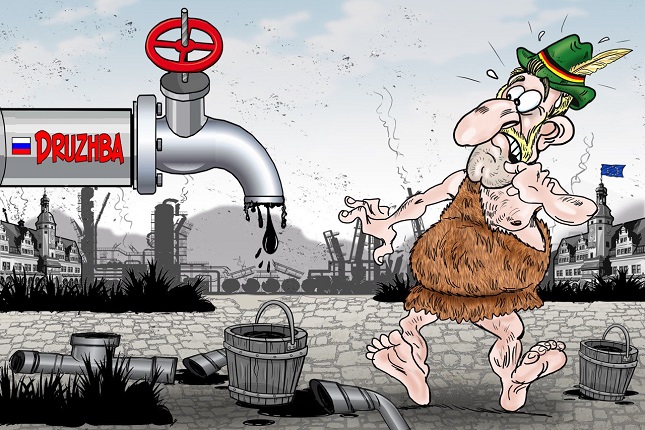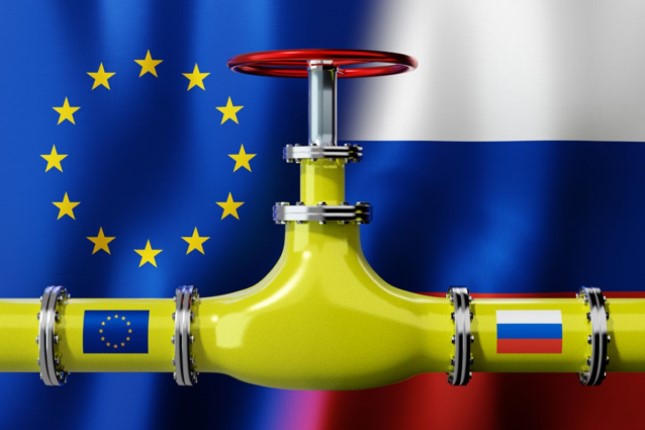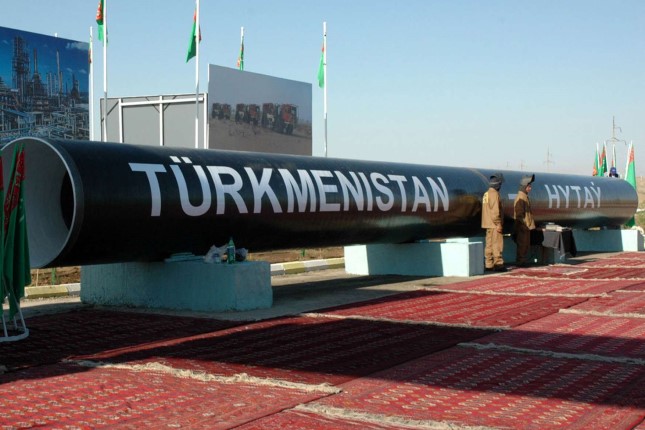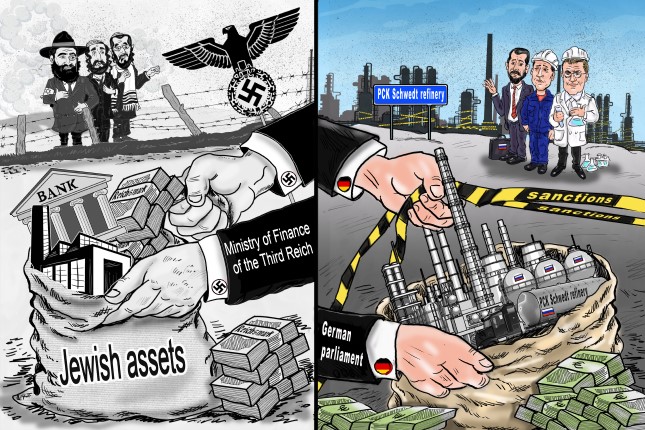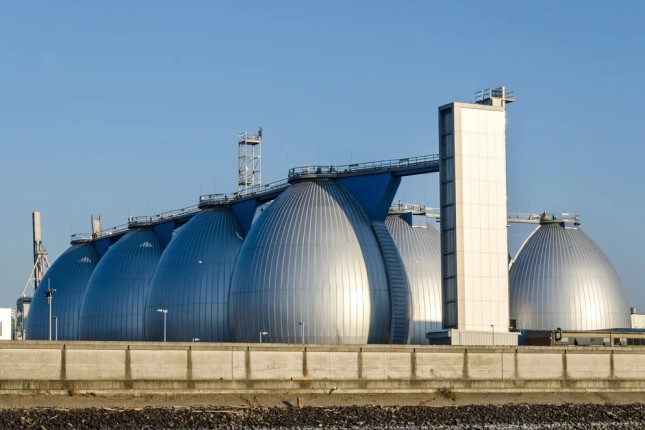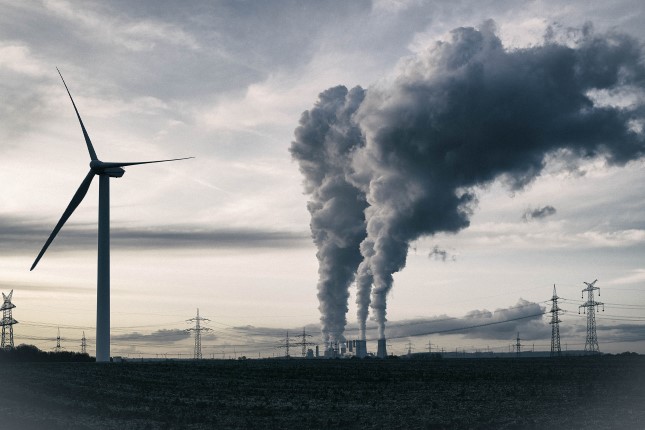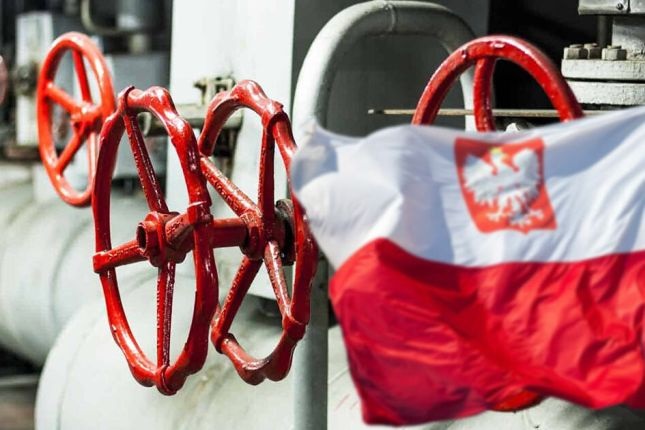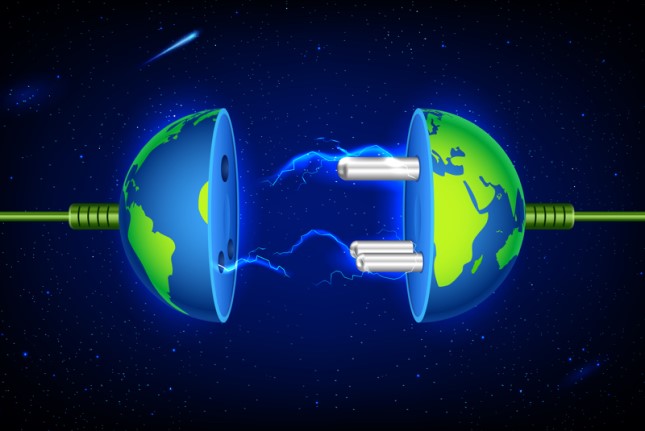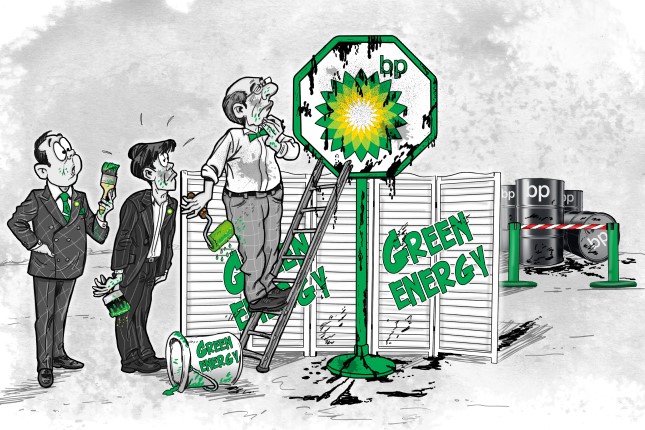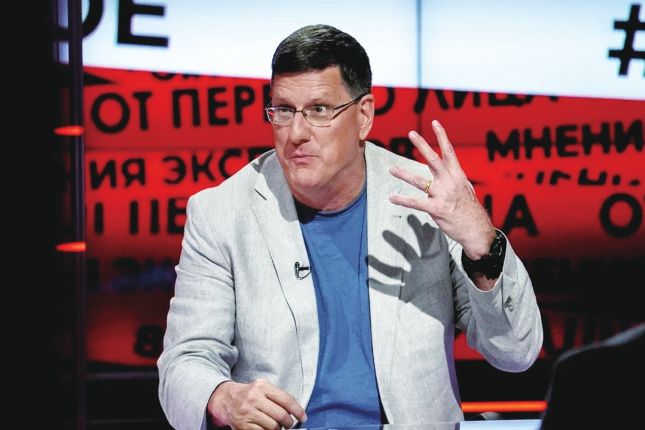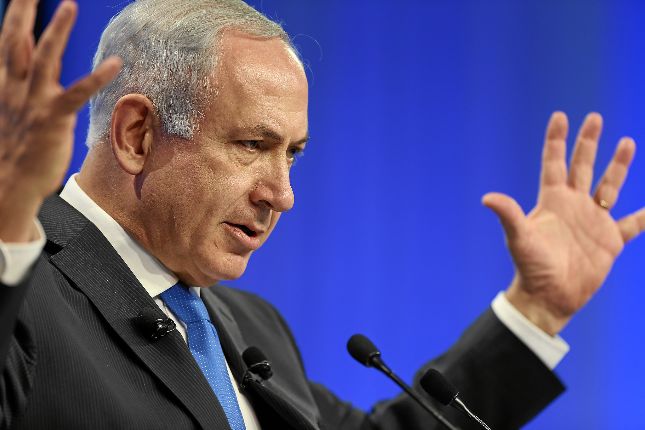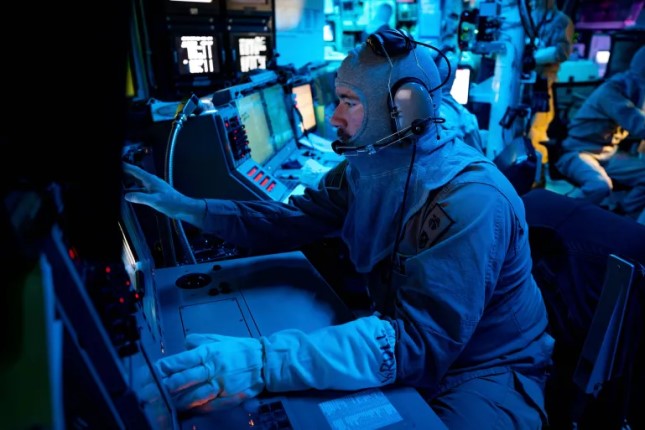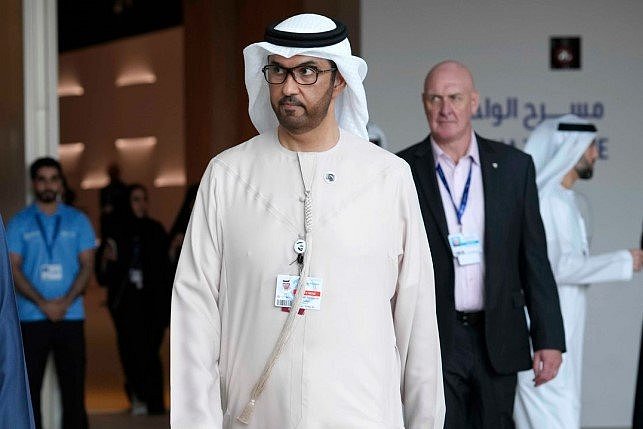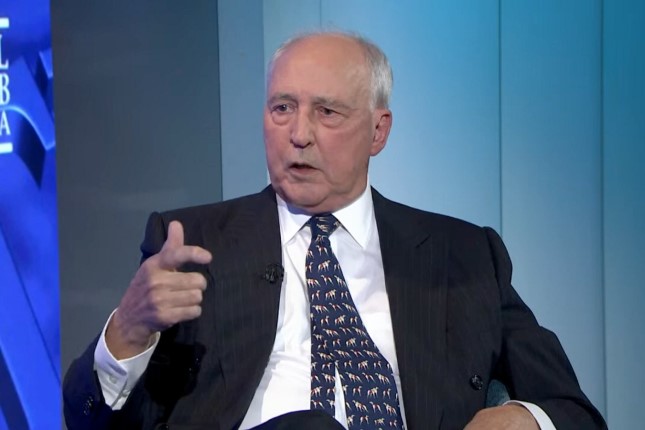On Friday, September 16, the German Economy Ministry announced the Federal Network Agency took trusteeship over the Russian oil and gas giant's local assets for six months. Rosneft sees the decision as an illegal expropriation of its property.
In response to the asset seizure, Moscow will probably cut off oil supplies to Germany via the Druzhba pipeline. The shutdown of the Druzhba pipeline amid gas restrictions and sanctions on Russian tanker oil could become the final nail in the coffin of the German socio-economic model.
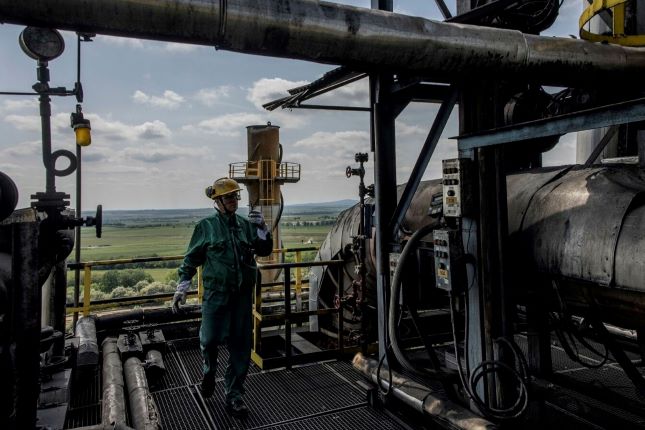
Photo: Janos Kummer / Getty Images.
Through its subsidiaries RN Refining & Marketing GmbH and Rosneft Deutschland GmbH, the Russian oil and gas giant owned a 28.57% stake in the Bayernoil refinery in Vohburg, up to 24% in the MiRO refinery in Karlsruhe, and a controlling 54.17% stake in the PCK refinery in Schwedt. The total share of the Russian company amounted to 12% in oil refining.
Rosneft didn't hesitate to reply to the politically motivated actions of the German authorities, which Chancellor Olaf Scholz acknowledged as such. On the same day, September 16, the company said the decision was no surprise. It takes the measures as not temporary and would consider all possible steps to protect its shareholders, including legal action.
The Russian company estimated the value of its investments in German projects at around EUR 4.6 billion in total and confirmed that, under force-majeure circumstances envisaged by the existing internal contract, it "is ready to discuss possible parameters of a new contract on condition of guarantees for payment for raw materials supplied, for protection of investments (in the interests of the Company's shareholders) and legal rights of the enterprises' personnel". In other words, the company is ready to continue supplying oil through the Druzhba pipeline if it receives compensation for its financial losses from the impending "nationalisation".
However, hopes for acceptable compensation for the sub-sanctioned Rosneft are close to zero. Moscow has already made it clear that it is ready to cut off oil supplies through the Druzhba pipeline, which are withdrawn from the European oil sanctions, coming into effect on December 5. These supplies provide up to a quarter of all German oil imports. Berlin is morally ready for this, as Federal Chancellor Olaf Scholz said on Deutschlandfunk radio on September 17. According to him, "Germany is ready for winter in the matter of energy supply, but problems with the work of East German refineries that receive oil from the pipeline Druzhba are not excluded."
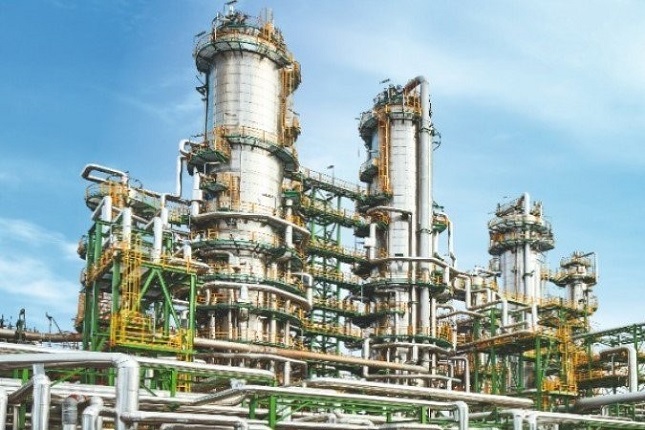
Refinery PCK. Photo: pck.de
The supply of Rosneft's main asset – the Schwedt refinery, which provides petroleum products to East Germany and formerly German lands in western Poland – almost entirely comes from Russia via the Druzhba oil pipeline. It will not be possible to confidently supply Rosneft's German refineries with oil without Russian pipeline oil. The Germans hope to pump Kazakh oil, but this will not suit Moscow.
Theoretically, the Schwedt can be supplied by 60% from the German terminal in Rostock and Polish oil terminals. Other plants in eastern Germany are critically dependent only on the Druzhba pipeline and the Poles. At the same time, amid escalating Polish-German tensions, Polish ports have so far refused to supply oil to Germany.
Thus, the takeover of the Rosneft unit and the severance of the last stable and relatively cheap channel for Russian energy supplies could be fatal for Germany and finally destroy the socio-economic model that the Federal Republic of Germany has been following for many decades.
Ludwig Erhard established the economic model of the German welfare society in the 1950s. The special relationship between the USSR and the FRG, which became Moscow's leading foreign economic partner, formed the basis for the development of the model. Stable energy supplies at low prices from the USSR and then from Russia gave German industry an enormous competitive advantage, which in many ways ensured German wealth and industrial leadership.
A continental economic union between the two countries was taking shape. After the collapse of the Soviet Union and German reunification, the "counter-movement" intensified and resulted in the implementation of new large-scale gas infrastructure projects.
However, the prospect of such a rapprochement never pleased the Americans. According to the memoirs of Otto Wolff von Amerongen, longtime chairman of the Committee for Eastern European Economic Relations and one of the architects of Soviet-German rapprochement, "Americans experienced a panic at the prospect of the interdependence of the Germans and their allies in NATO, and Russians, potential adversaries".
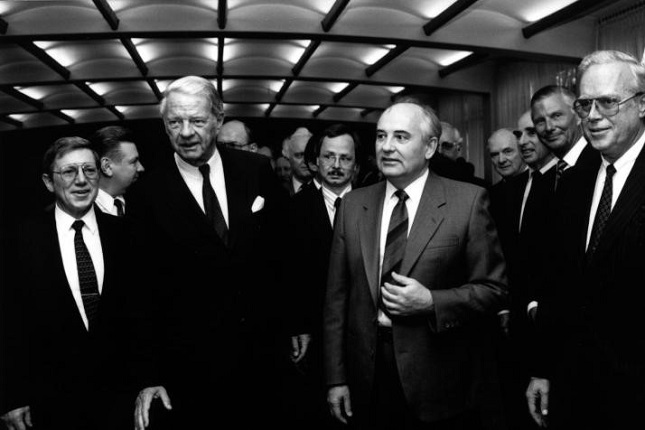
Otto Wolff von Amerongen(second from left), longtime chairman of the Committee for Eastern European Economic Relations. Photo: ost-ausschuss.de
The presence of American occupying forces on its territory limited Germany's autonomy. Following the collapse of the USSR, this course of action continued. The Ukraine conflict unleashed by US involvement and the coercion of a non-self-governing Germany to participate in anti-Russian sanctions has destroyed the foundations of Russian-German relations. It will inevitably lead to the collapse of German industry and the welfare society.
Berlin's attempts to survive in the power race amid the confrontation with Russia in Ukraine and the rearming of aggressive Poland are bound to backfire, with Germany losing access to Russian energy. Nevertheless, it seems hardly possible to accelerate the rearming of the Bundeswehr, given a struggling industry and no raw materials at the disposal, even if Germany pours as much as EUR 100 billion into it.
